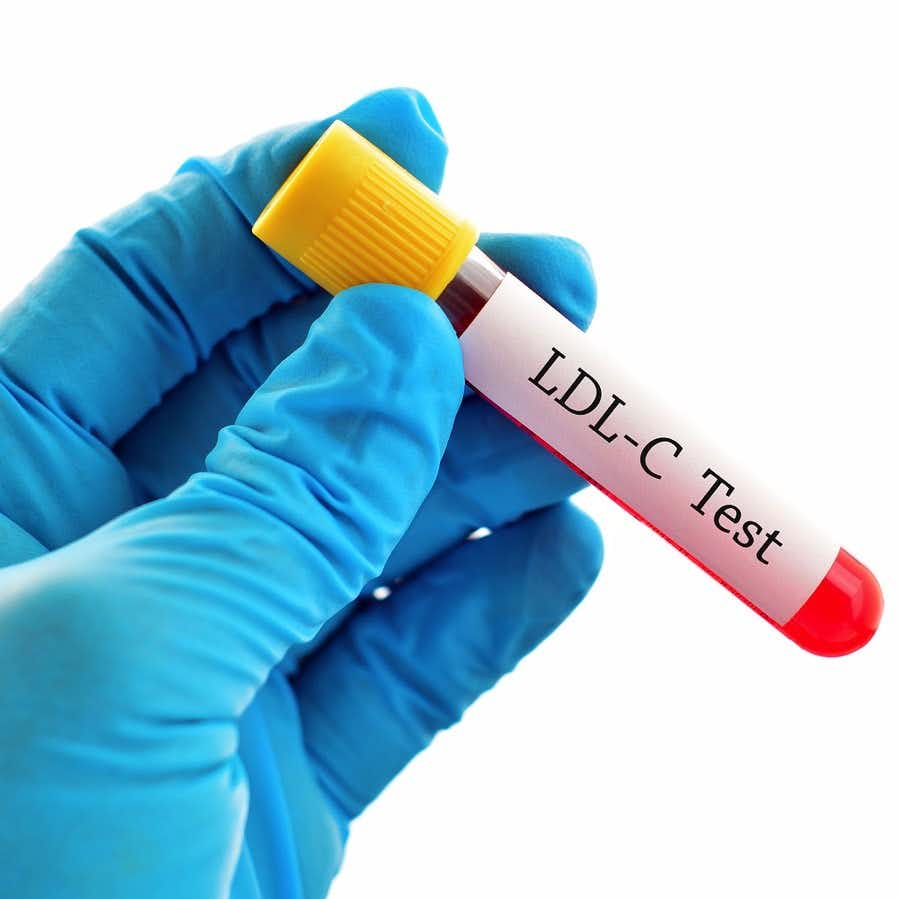
If your doctor has ever ordered a cholesterol test to help determine your risk of a heart attack, you were probably warned not to eat or drink anything before the blood draw. However, perhaps you could have had breakfast before the test without affecting its usefulness (JAMA Internal Medicine, May 28, 2019).
Does It Matter Whether You Fast for a Cholesterol Test?
In a new study, researchers analyzed data from a previous trial. More than 8,000 people participated in the Anglo-Scandinavian Cardiac Outcomes Trial–Lipid-Lowering Arm. Originally, researchers had conducted this randomized controlled trial, known as ASCOT-LLA, for another purpose (Lancet, April 5, 2003). Usually scientists consider that a disadvantage. On the other hand, the data linked cholesterol test results to heart attacks, strokes and other problems.
A nonfasting lipid panel predicted heart attacks and other cardiovascular complications about as well as traditional fasting blood samples. The investigators were pleased since people find it easier to get to the lab if they don’t need to fast. So, if a laboratory technician asks whether you had anything to eat before your cholesterol test, don’t panic. You can say that it doesn’t make any difference.
In the original study, half of the volunteers took atorvastatin to lower their cholesterol and half took placebo. Those taking atorvastatin (Lipitor) had fewer cardiac events.
The researchers conclude
“These results suggest that routine measurement of nonfasting lipid levels may help facilitate ASCVD risk screening and treatment, including consideration of when to initiate statin therapy.”
Learn More:
You can learn more about the factors that contribute to heart disease in Show 1147: How Do You Control Your Cholesterol? In this interview, Dr. Steve Nissen, chairman of the Robert and Suzanne Tomsich Department of Cardiovascular Medicine at the Cleveland Clinic, describes the Reynolds Risk Calculator. In addition, he discusses who needs to take a statin and why he doesn’t send his patients for coronary calcium testing.
Citations
- Mora S et al, "Association of nonfasting vs fasting liid levels with risk of major coronary events in the Anglo-Scandinavian Cardiac Outcomes Trial–Lipid-Lowering Arm." JAMA Internal Medicine, May 28, 2019. doi:10.1001/jamainternmed.2019.0392
- Sever PS et al, "Prevention of coronary and stroke events with atorvastatin in hypertensive patients who have average or lower-than-average cholesterol concentrations, in the Anglo-Scandinavian Cardiac Outcomes Trial--Lipid Lowering Arm (ASCOT-LLA): a multicentre randomised controlled trial." The Lancet, April 5, 2003. DOI: 10.1016/S0140-6736(03)12948-0

